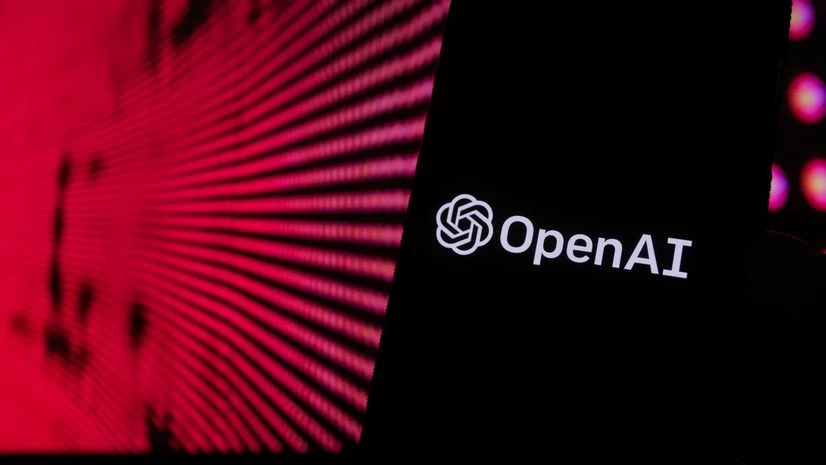Microsoft-backed AI startup OpenAI is reportedly planning to launch a new artificial intelligence agent capable of performing tasks on a computer on the user’s behalf. According to a Bloomberg report, OpenAI’s AI agent, internally codenamed “Operator,” will automate tasks like code writing and travel booking. OpenAI aims to launch the AI agent as a research preview in January 2025, accessible through its application programming interface (API) for developers.
The report suggests OpenAI has been working on several new AI agent-related projects. However, the one closest to release is a general-purpose tool that can automate tasks using a web browser.
OpenAI CEO Sam Altman recently hinted at the development of a new AI agent. In an “Ask Me Anything” session on Reddit, Altman said, “We will have better and better models, but I think the thing that will feel like the next giant breakthrough will be agents.”
Also Read
Last month, The Information reported that Google is working on a large action model also aimed at executing tasks on the web on a user's behalf. Codenamed “Project Jarvis”, the AI-powered tool runs on a future version of the Google Gemini model and is specifically tuned to automate web tasks, particularly on Google Chrome. The AI agent is said to be able to interpret screenshots, click buttons, and enter text.
What are AI Agents?
AI agents are AI-powered software tools that can perform multi-step tasks for users with minimal supervision. They are autonomous AI systems that can perform repetitive tasks that would otherwise require manual work. Apart from natural language processing, an AI agent can make decisions, solve problems, and interact with the environment to execute actions.
At their core, AI agents are powered by large language models. However, unlike traditional AI chatbots that base their responses on training data, AI agents store past interactions in memory and plan future actions using this up-to-date information.

)